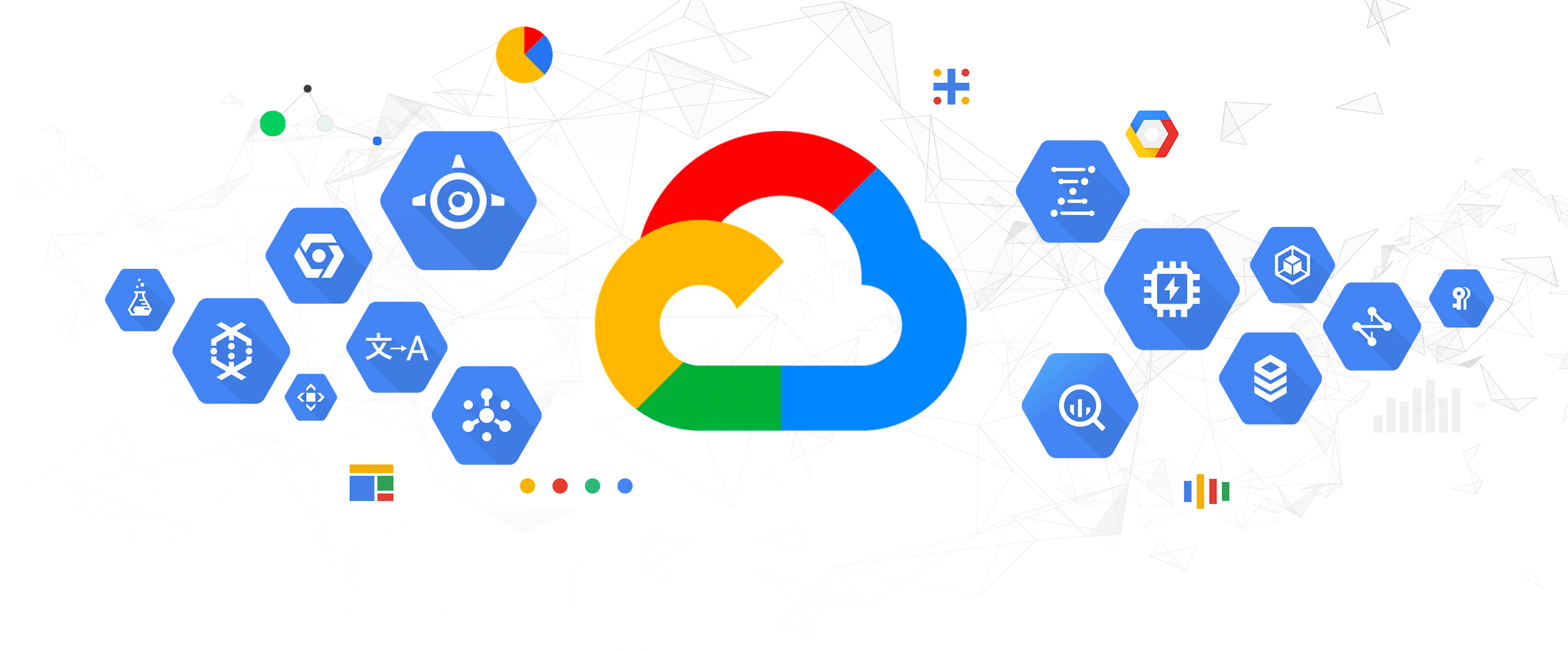The biggest threat to any organisation is the competitor who has better technology, better business operations and provides better customer experiences. It’s for this reason that organisations have increasingly started to embark on their digital transformation journeys. And it’s just that - a journey, not a destination. Simply moving to the cloud or announcing that you’re adopting a data culture is not enough.
The issue isn’t that executives don’t recognise that data intelligence can help improve customer experiences, streamline business operations and drive innovation. They do - a quick Google search for digital transformation returns about 599 Million results. The issue is that real-time data analytics is still extremely challenging despite the advances in technology. Although not exhaustive, here are a few common reasons why data initiatives fail.
The silent killer: Data Silos
One of the biggest obstacles many organisations are facing is data silos. Anyone who works with data can tell you that the best data is data that is accessible and easily understood across the organisation. When your data is stored in such a way that only one group of people can access it easily, the view of the data becomes limited.
Since the information in silos is only easily accessible to a certain group within the organisation, that group’s analysis is limited to what they see. Uncovering organisation-wide inefficiencies or opportunities is nearly impossible. Not only that, when data is stored in silos, the same data may be stored in different databases, leading to inconsistencies, wasted resources, and impairing collaboration.
Stuck with Legacy
Legacy infrastructure continues to hold organisations back from unlocking their full data potential. It’s rigid, expensive, takes up space and can’t easily scale with your business. Unlike the cloud, ensuring that you don’t lose your data and are staying compliant with data laws requires a dedicated effort.
User (un)Friendly Tools
After deciding to adopt a data-driven culture, many companies are then faced with the situation where they’ve invested in a new data analytics tool only to find out that the only people using it are the analysts and data scientists. This may be because there wasn’t a strong enough effort to train users or it’s just not the best tool for your organisation, effort needs to be made to invest in a tool that makes the data experience easy and fast.
Data management is complicated
Possibly the most important point that needs to be made in this post is that data management is very difficult. While AI and machine learning solutions have many benefits, they remain intimidating and time-consuming. Using poor quality data to train an ML model will result in you getting poor insights. Cleaning and preparing your data is an important but very costly activity - especially for larger organisations. Managing datasets requires skills that many companies don’t have.
At CloudSmiths, we know how important it is to have the right data strategy, infrastructure as well as people when embarking on the journey towards becoming data-driven. As trusted data partners, we can provide the support you need regardless of where you are on your digital transformation journey. To find out more, you can contact us here.









